Second charge mortgages, also known as second mortgages, involve taking out a secured loan and borrowing against the equity on your home, while maintaining your existing mortgage. Essentially, it’s a secondary loan secured against the same property, providing homeowners with access to additional funds without the need to re-mortgage.
What Is The Difference Between Second Charge Mortgages and Re-mortgaging?
Re-mortgaging a property, means paying off your current mortgage loan and getting a new mortgage deal. In some cases this can mean having to pay a costly early settlement penalty for paying off your original loan early, second mortgages allow you to keep your original mortgage and get a new secured loan on your property, borrowing against the equity you have accumulated. There are pros and cons to both types of mortgage and ultimately it depends on your individual circumstances. This is why it is essential to speak to a trusted and experienced mortgage advisor, such as Mortgage Solutions, Belfast, to help you make the right decision.
Benefits To Second Charge Mortgages:
1. Access to Additional Funds:
Second charge mortgages offer a lifeline for homeowners seeking extra capital for things such as home improvements, debt consolidation or major purchases.
2. Competitive Interest Rates:
With the property serving as collateral, second charge mortgages typically come with lower interest rates compared to unsecured loans, making them an attractive borrowing option.
3. Flexible Borrowing Terms:
From Loan amounts to repayment schedules, second charge mortgages provide flexibility to tailor borrowing terms to individual financial circumstances, ensuring a personalised approach to your financing needs.
4. Credit-Friendly Options:
For individuals with less-than-perfect credit histories, second charge mortgages present an opportunity to access funds while leveraging their property assets, as lenders may be more lenient due to the secured nature of the loan.
Key Considerations:
1. Repossession Risk:
Defaulting on payments can lead to the repossession of your home, emphasizing the importance of your ability to meet repayment obligations before opting for a second mortgage.
2. Costs and Fees:
Be mindful of the various fees associated with second charge mortgages, including arrangement fees, valuation fees and legal fees, which can impact the overall affordability of the loan.
3. Impact on Existing Mortgage:
Taking out a second charge mortgage can affect your existing mortgage arrangement, potentially influencing interest rates or repayment terms. It’s essential to understand the implications and consult with financial advisors for guidance.
Ultimately second charge mortgages offer a valuable avenue for homeowners to tap into their property’s equity and access additional funds. However it is imperative to seek expert financial advice from a mortgage advisor such as ourselves, who will assist you to ensure your second charge mortgage meets your needs.




